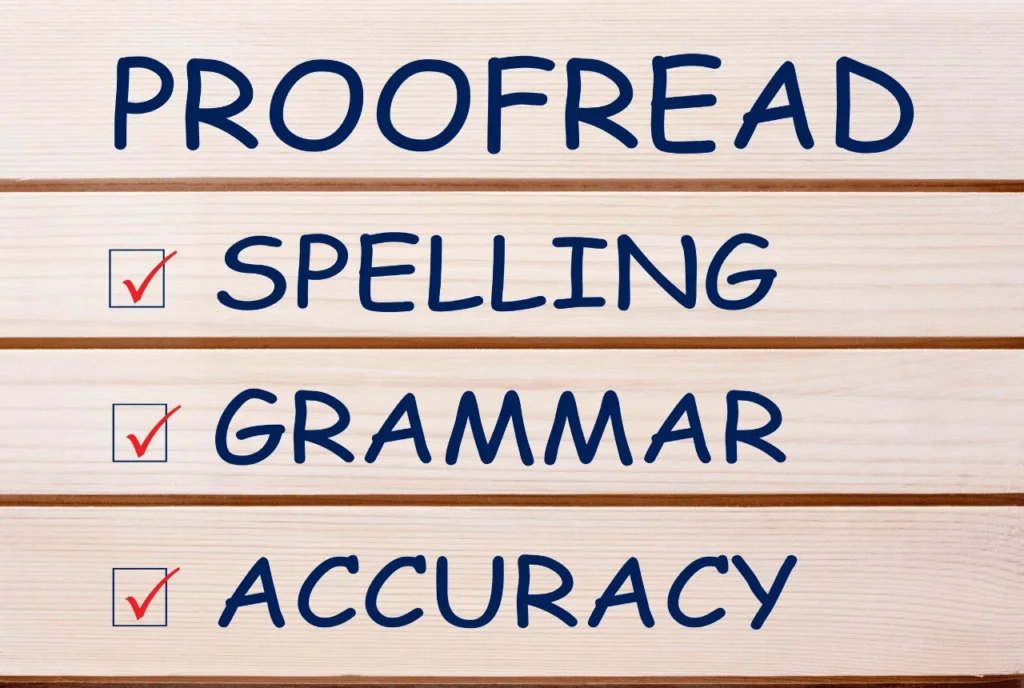Introduction
If you didn’t know grammar is what enables one to put across their views, therefore it constitutes a framework through which one can pass his ideas across clearly. It presents rules and structures that make the language either written or spoken in order to convey messages.
The benefits of subjects and predicate exercises are kind of building blocks of grammar that will be addressed further as essential parts of forming complete sentences. The subject states who or what the sentence is referring to, and the predicate says something about that subject.
Understanding these components is the ability to express oneself appropriately and, subsequently, enhance language skills. Most people would like to polish their grammar skills by knowing how to master working with subject-predicate exercises that will improve communication as well as the effectiveness of their communication skills.
Let’s dig deeper into this blog and learn some of the benefits of subjects and predicate exercises of grammar.
Benefits of Subjects and Predicate Exercises: Does It Improve Your Grammar Skills?

The benefits of subject and predicate exercises make the composition of the sentence quite clear to learners. Identifying subjects and predicates in these exercises makes the individuals competent to identify a subject and predicate in a sentence thus making the sentence construction apparent. This is critical in sentence composition because the person knows how to compose proper sentences.
Mastery of subjects and predicates is important both to academic success and everyday writing. A good grasp of these foundational concepts helps learners craft much clearer, more coherent texts. Of course, it is also important for them to be able to analyze and evaluate their own writing. The analytical method promotes heightened awareness of language use, which is directly translated to good grammar skills, improving therefore the ability to communicate in most situations.
8 Benefits of Subjects and Predicate Exercises
1. Enhanced Sentence Structure Understanding

One of the primary benefits of subjects and predicate exercises is to clarify what happens with these parts of speech within sentences. Doing exercises in this manner allows one to understand what the sentence is about, who it is about (the subject), and what is happening to, or being done to, the subject (the predicate).
This is how pupils learn to communicate through sentences. Meanwhile, as they practice locating subjects and predicates, students develop a foundation of information to support their ability to compose grammatically acceptable sentences.
2. Improved Writing Clarity

Proper mastery and benefits of subjects and predicate exercises contribute much to clearer and more cohesive writing. It is with the proper understanding of the effective use of these components that the students can construct sentences carrying the ideas best.
Such clear writing is essential in places of knowledge and also in professional places, where misunderstandings can arise from miscommunication. The subject and predicate exercises enable learners to express thoughts plainly, with more impact among writings.
3. Increased Grammar Accuracy

Improved grammatical accuracy is attained from the customary practice of exercises involving subject and predicate by reducing the most common grammatical errors associated with sentence building.
The most frequent mistakes associated with students are subject-verb agreement and sentence fragments; however, repeated exercises with these help imprint the correct usage of subjects and predicates. As such, the students are in a better position to avoid committing grammatical mistakes while writing, hence improving general grammatical skills.
4. Development of Critical Thinking Skills

The subject and predicate exercises help develop critical thinking and analytical skills when examining the sentences. As a learner dissects the sentences into their parts, he learns to critically evaluate whether he has been effective in his writing.
Critical analysis that includes the benefits of subjects and predicate exercises in sentences encourages learners to ask questions about sentence structure and what this signifies toward a more profound engagement with the material at hand. Therefore, in addition to the development of the ability to scrutinize their own writing, they also learn that of other people, so enhancing their general understanding.
5. Boosted Reading Comprehension

Understanding how a sentence works through both subjects and predicates directly relates to reading better. If students are able to recognize these elements in the text, they develop an understanding of the way ideas are structured in sentences.
This is useful when trying to read harder texts because they can break up longer sentences into more manageable parts for better comprehension. Studies have proved that mastering grammar enhances reading, and thus subject and predicate exercises are crucial in the literacy process.
6. Foundation for Advanced Grammar Concepts

Learning the benefits of subjects and predicate exercises allows for the acquisition of complex grammar rules. Once pupils have mastered the subject and predicate, they will be better able to grasp clauses, phrases, and sentence variety.
Knowing how subjects and predicates work in simple sentences means having a framework that supports the learning of other complex grammatical structures that enhance students’ chances of mastering higher levels of academic attainment in language arts.
7. Support for Language Learning

For non-native, mastering subjects and predicates turns out to be a be-all and end-all that will realize the foundation of basic English grammar. The benefits of subjects and predicate exercises would make a learning process more structured and help understand how to construct a basic sentence in English.
This is indeed critical for developing a sense of confidence in the use of language, thereby improving overall skills in communication. By paying attention to the grammatical basics, the non-native can increase the chances of enhancing proficiency both in spoken and written English.
8. Engagement in Interactive Learning

Subject and predicate exercises can be made to be interesting games and group work that involve students in their learning process. For example, using dice to determine the random subjects and predicates helps students build sentences in an interesting way as they master the concepts. Such lively learning experiences make grammar practice interesting and motivate the students to work together and learn, which is the most fundamental ingredient of an effective learning environment.
Conclusion
Summary In a nutshell, the benefits of subjects and predicate exercises are one of the practices that benefit one to be all-around good at grammar since these exercises promote the knowledge of how a sentence is put together, coherent writing, reading skills, and critical thinking.
Therefore, it is a springboard in mastering complex grammar practices. Laying subject and predicate practice as part of the daily routine study is definitely very beneficial for all levels of learners. For such purposes, institutions like International School Guwahati focus more on grammar skills through learning programs that help students learn and compete academically and communicate effectively in their lives.







